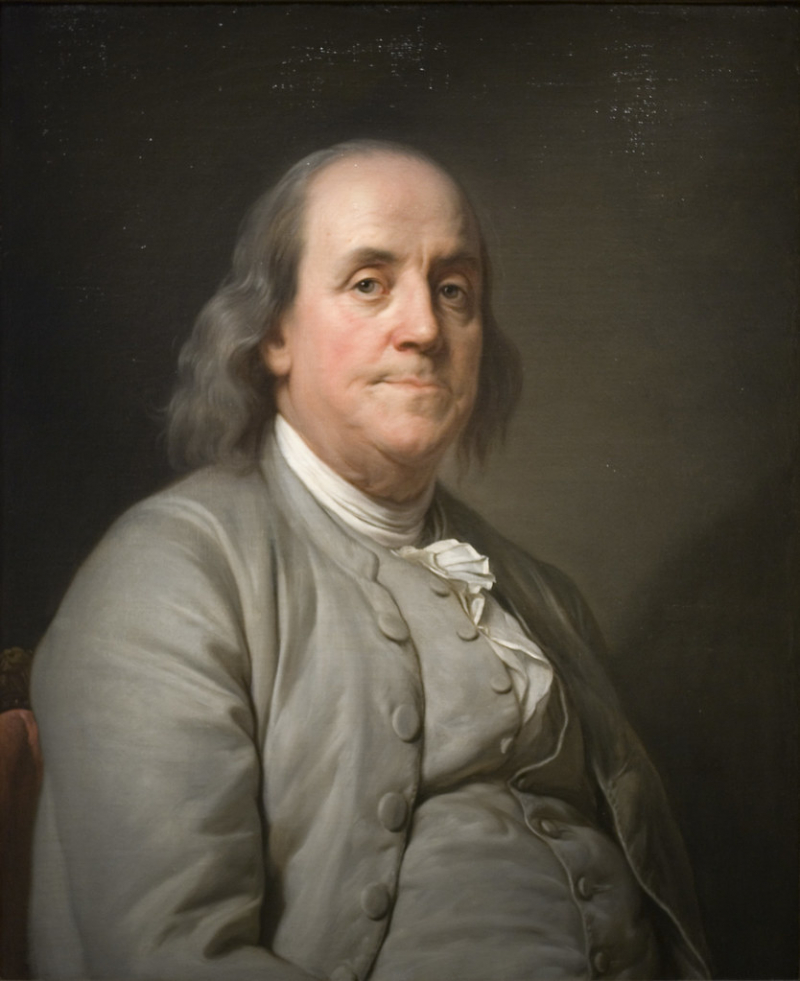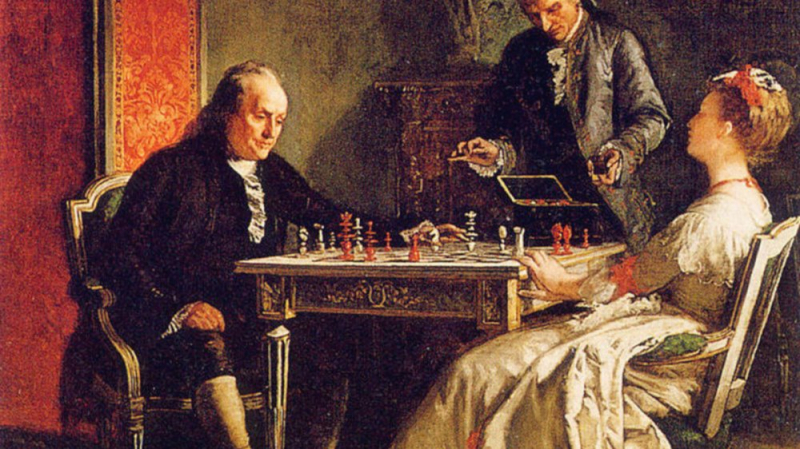Franklin left Boston and Philadelphia an unusual gift in his will
On April 17, 1790, Benjamin Franklin appended a codicil, or addendum, to his will, which was written less than a year before his passing. He left the cities of Boston and Philadelphia $1,000 (or what would have been the equivalent of $4000) in it. Franklin, who was born and reared in Boston before moving to Philadelphia when he was 17, held a special place in his heart for both places.
He wrote that there was a very specific method the money was to be handled. Each of the 1000 pounds sterling would earn interest for the first 100 years and be used to pay loans for young tradespeople starting out in company. Franklin appreciated resources for apprentices because he had become a printer thanks to a loan.
At the end of the 100 years, the cities could take 75 percent of the principal and spend it in public works. Boston, he suggested, should invest in a trade school. Philadelphia could possibly pay for water pipes connected to Wissahickon Creek. The remaining 25 percent would be left until another century had passed, at which point the cities and their respective states could spend the funds in whatever way they wished.











